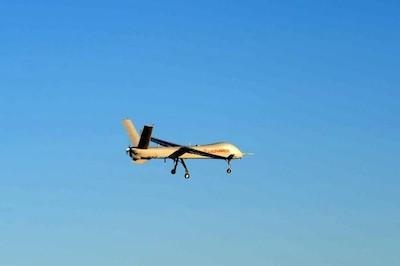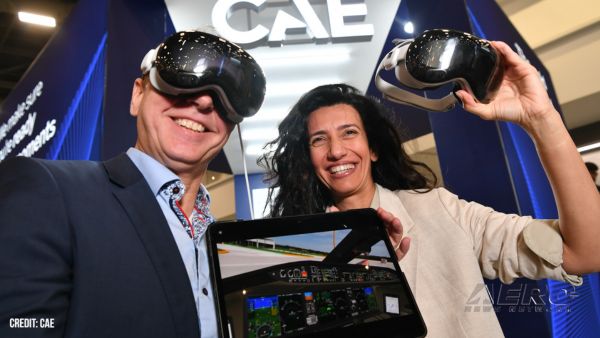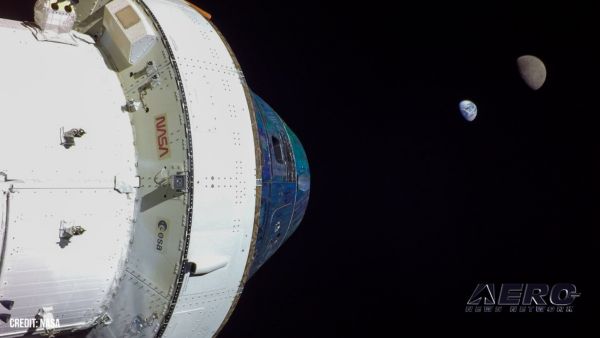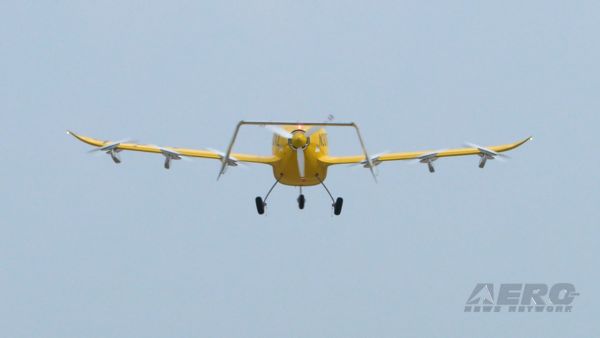Fri, Jan 24, 2020
New Remotely-Piloted Air System (RPAS) Is The Largest Leonardo Has Ever Built
Leonardo has announced the maiden flight of its new Falco Xplorer drone aircraft. Falco Xplorer S/N0001 took off from Trapani Air Force base on January 15, cruised over the Gulf of Trapani in a dedicated fly zone, for around 60 minutes and then returned to base, landing safely. The maiden flight is a significant milestone which has been achieved through technical and engineering support, at the test flight planning stages and with other related activities, by the Italian Air Force Test Flight Center. The Remotely-Piloted Air System (RPAS), which combines endurance of over 24h with a max payload of 350kg, will now embark on a series of flight campaigns which will assess the aircraft’s full range of capabilities including its integrated sensor system. These campaigns will also certify the Falco Xplorer against NATO’s airworthiness STANAG 4671, dramatically expanding the territory over which it can operate.

The Falco Xplorer was first unveiled at last year’s Paris Air Show. It has been designed to offer persistent, multi-sensor strategic surveillance to military and civil customers and can be procured as either an integrated system or as a fully-managed information-superiority service, flown and operated by Leonardo. With a maximum take-off weight of 1.3 tons and an operating ceiling above 24,000ft, the aircraft is an affordable and potent option for Intelligence Surveillance and Reconnaissance (ISR).
Previous Falco variants have been chosen by the United Nations and Frontex, the European border and coastguard agency. The Falco Xplorer design draws on feedback from these and other Falco customers. It features a powerful sensor suite, which includes the Company’s Gabbiano T-80 multi-mode surveillance radar, its SAGE electronic intelligence system, an automatic identification system for maritime missions and an Electro-Optical (EO) turret. An optional hyperspectral sensor will allow the Falco Xplorer to monitor pollution and agricultural development. The native satellite link capability allows for beyond-line-of-sight operations, while its open system architecture means that third-party sensors can be easily integrated. Not subject to International Traffic in Arms Regulations (ITAR) restrictions and meeting the criteria for Missile Technology Control Regime (MTCR) class II, Falco Xplorer is readily exportable around the world.
The Falco Xplorer is designed by Leonardo, from the aircraft to its sensor suite, mission system and ground control station, making the company a ‘one-stop-shop’ for unmanned capabilities. Advantages of this approach include the ability to offer competitive pricing and the ability to draw on knowledge and experience from across the business to tailor a Falco Xplorer package to the precise needs of customers, whether in terms of technology or commercial arrangements.
(Image provided with Leonardo Company news release)
More News
States That Current Process is Damaging National Aerospace Development US Senator Jerry Morgan is pushing the FAA to speed up the process for rocket launch licensing. He argues tha>[...]
From 2015 (YouTube Edition): Model Aviator Aims For Full-Scale Career While at the 2015 Indoor Electric RC Festival, referred to as eFest, ANN CEO and Editor-In-Chief, Jim Campbell>[...]
Dave Juwel's Aviation Marketing Stories ITBOA BNITBOB ... what does that mean? It's not gibberish, it's a lengthy acronym for "In The Business Of Aviation ... But Not In The Busine>[...]
Aero Linx: Cardinal Flyers Online The Cardinal Flyers Online Web site was created and is maintained by me, Keith Peterson. My wife Debbie and I have owned a 1976 RG since 1985. Wit>[...]
Clearance Void If Not Off By (Time) Used by ATC to advise an aircraft that the departure release is automatically canceled if takeoff is not made prior to a specified time. The exp>[...]
 Senator Pushes FAA to Accelerate Rocket Launch Licensing
Senator Pushes FAA to Accelerate Rocket Launch Licensing Classic Aero-TV: RJ Gritter - Part of Aviations Bright New Future
Classic Aero-TV: RJ Gritter - Part of Aviations Bright New Future Aero-FAQ: Dave Juwel's Aviation Marketing Stories -- ITBOA BNITBOB
Aero-FAQ: Dave Juwel's Aviation Marketing Stories -- ITBOA BNITBOB ANN's Daily Aero-Linx (10.27.24)
ANN's Daily Aero-Linx (10.27.24) ANN's Daily Aero-Term (10.27.24): Clearance Void If Not Off By (Time)
ANN's Daily Aero-Term (10.27.24): Clearance Void If Not Off By (Time)



